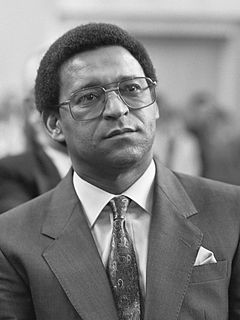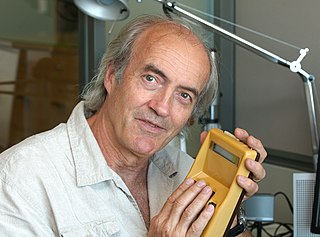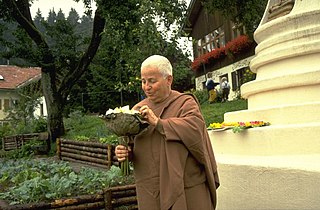A Quote by Marshall B. Rosenberg
We use NVC to evaluate ourselves in ways that engender growth rather than self-hatred.
Related Quotes
We are not saints yet, but we, too, should beware. Uprightness and virtue do have their rewards, in self-respect and in respect from others, and it is easy to find ourselves aiming for the result rather than the cause. Let us aim for joy, rather than respectability. Let us make fools of ourselves from time to time, and thus see ourselves, for a moment, as the all-wise God sees us.
When hard times come, the greatest danger does not necessarily lie in the circumstances we face, but rather in the way we treat ourselves at the time. Nothing is more dangerous than self-hate. Nothing makes it more difficult to heal or to find the grace of peace than self-attack and the agony of self-doubt.
The beginning as well as the end of all his thoughts was hatred of human law, that hatred which, if it be not checked in its growth by some providential event, becomes, in a certain time, hatred of society, then hatred of the human race, and then hatred of creation, and reveals itself by a vague and incessant desire to injure some living being, it matters not who.
We could become quite satisfied with ourselves because we are sitting in meditation and are endeavoring to practice the spiritual path. Such satisfaction with ourselves is not the same as contentment. Contentment is necessary, self-satisfaction is detrimental. To be content has to include knowing we are in the right place at the right time to facilitate our own growth. But to be self-satisfied means that we no longer realize the need for growth. All these aspects are important parts of our commitment and makes us into one whole being with a one-pointed direction.


































